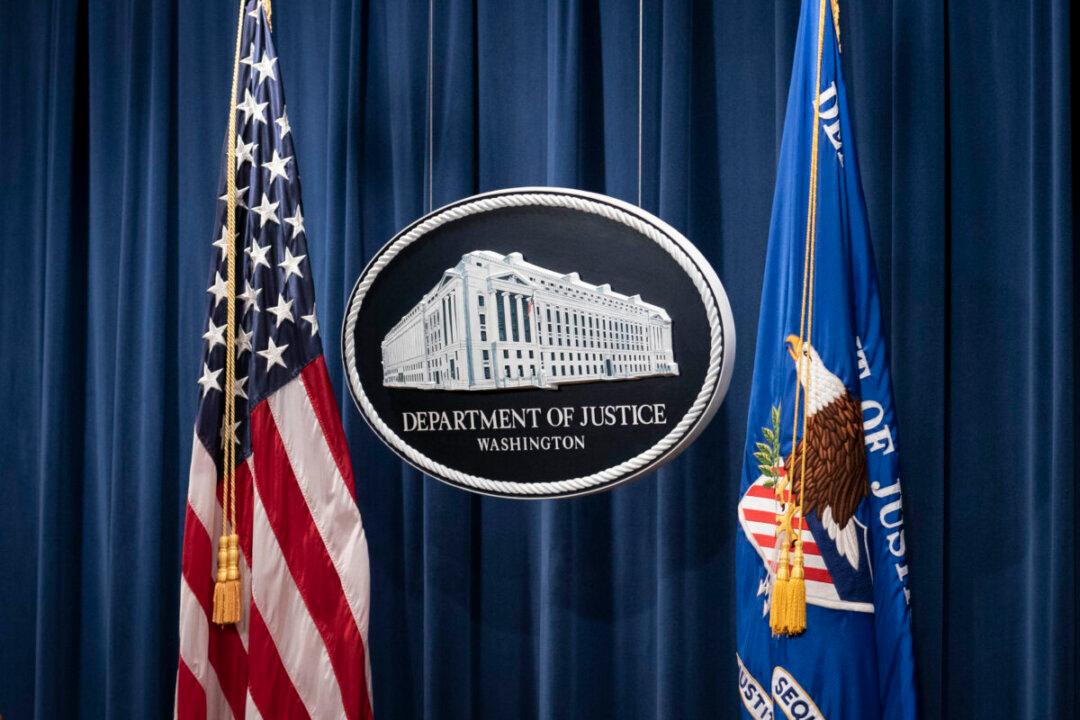On June 1, Arcadia’s city council for the second time delayed its decision on a “tiny shelter” proposal intended to relocate the city’s homeless, as the Los Angeles suburb struggles to deal with a growing homelessness issue.
In 2015, there were 22 homeless individuals recorded living in Arcadia, 13 of whom were sheltered in transitional housing. The number remained relatively unchanged in 2016. But by 2020, the homeless population had reached 117 people—an increase of over 500 percent. Of that, 106 were counted in Incorporated Arcadia and 11 in Unincorporated Arcadia.




